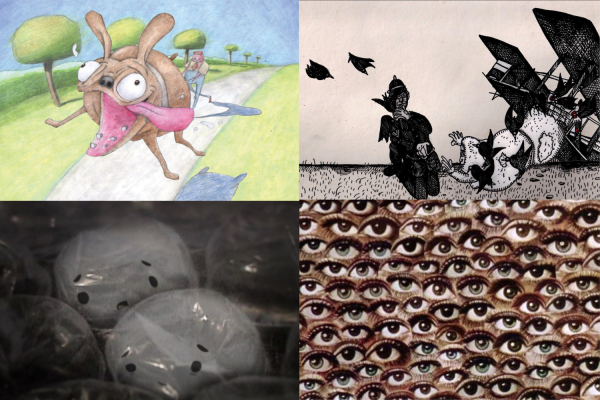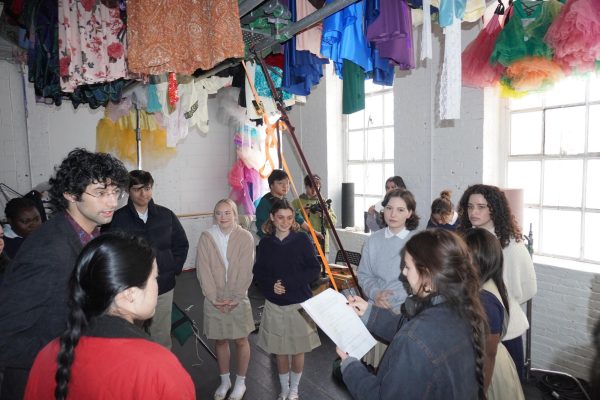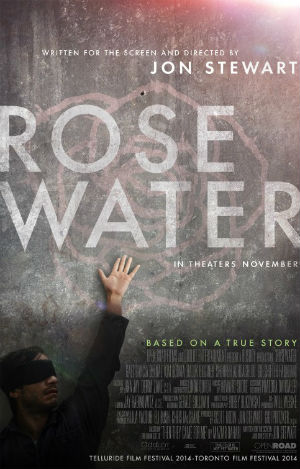“Rosewater” depicts power of journalism
Related stories
Only days after appearing on “The Daily Show With Jon Stewart” in 2009, Iranian-Canadian journalist Maziar Bahari was incarcerated by the Iranian government on charges of espionage. “Rosewater” is Jon Stewart’s honest effort to right the wrongs brought upon Bahari.
Stewart’s directorial debut tells the tale of a man who is imprisoned due to ideological oppression in his home country of Iran. With a delicate balance of time and place, Stewart and Gael Garcia Bernal, who plays Bahari, create a sincere portrayal of a man who prevails after great physical and mental abuse. For 118 days, Bahari was held prisoner and interrogated by a man whom he later referred to as Rosewater in his 2011 memoir, “Then They Came For Me.”
“Rosewater” immerses its audiences in the realm of Middle Eastern society and does so effortlessly with the guidance of cinematographer Bobby Bukowski. The camerawork in this film is patient and thoughtful, and it creates a thoroughly engaging view of Iran. The viewer is instantly transported into the street riots, the wounding gunshots and the crying of innocent Iranian civilians.
While the film succeeds in evoking emotion, “Rosewater” is not entirely perfect in its technique. The film struggles with tone — it fluctuates between the darkness of “Zero Dark Thirty” and the honest absurdity found in an average rerun of “The Daily Show.”
As a blooming filmmaker, Stewart’s media persona is hard to separate from his work. His satirical commentary about the Iranian government is shown through the comments between Bahari and Rosewater, who is ignorant of Western fashions and cultures. The torturer has an unrealistic infatuation with the state of New Jersey, for example. The circumstances in the film seem too dire to laugh at or mock, but then again, the trademark charm of Jon Stewart is to make what is serious and controversial, approachable.
Along with its message of perseverance in the face of oppression, Stewart preaches the power of communication, a power taken for granted in modern American society. The larger reality of “Rosewater” is the absence of media in a country that experiences day-to-day injustice. There are entire scenes dedicated to Twitter hashtags and CNN interviews discussing the captivity of Maziar Bahari. In doing so, Stewart knowingly endorses the political power of social media in his film. As a man who is able to talk freely about the issues on his own show, Stewart shows the audience that free speech in the form of a camera, a recorder or even a cell phone is true power. And in “Rosewater,” as in real life, this power prevails in the end.
Email Sidney Butler at [email protected].





























































































































































